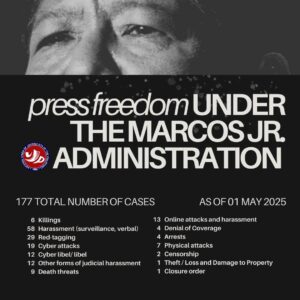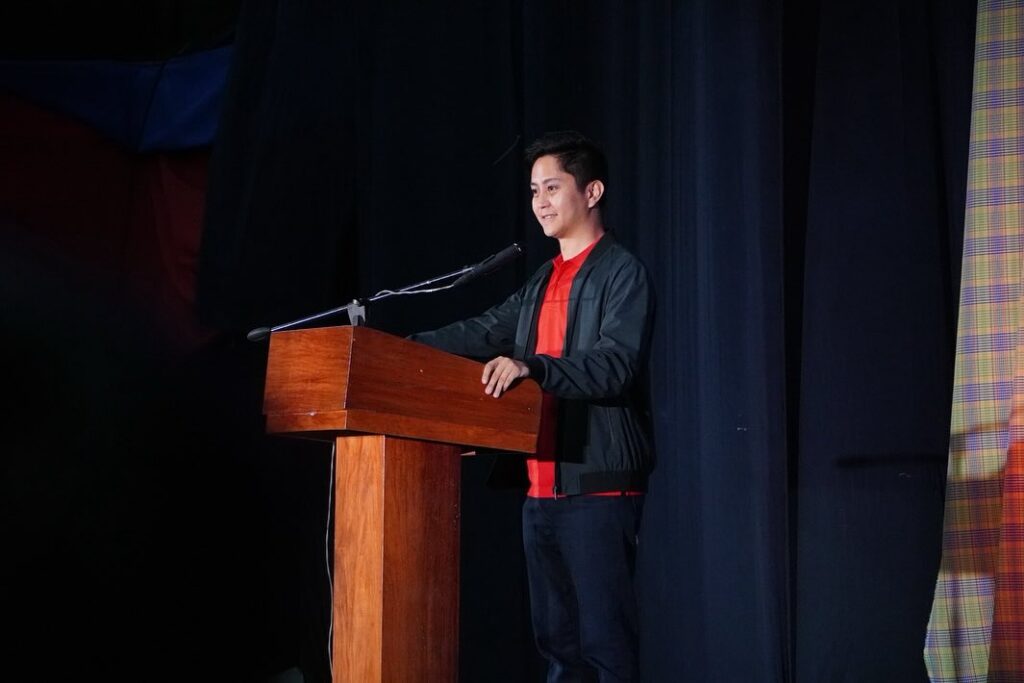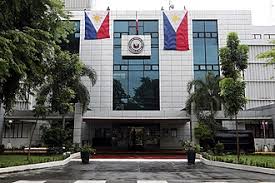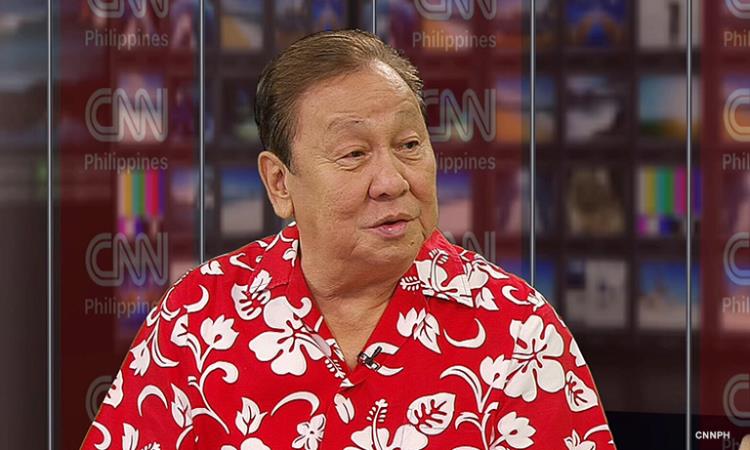📷: National Union of Journalists of the Philippines | FB
We mark two letter days this week — Labor Day and World Press Freedom Day — with incidents that underscore the security and economic realities that media workers face.
While the Philippines has climbed to 116th on the 2025 World Press Index compiled by Reporters Without Borders from 134th in 2024, it has also acknowledged that the press remains challenged and that the higher rank is in part because of a global decline in press freedom. On the ground, this does not mean better conditions for ordinary media workers, and even a plurality of reliable sources of information for the public.
Change in ownership of the Philippine Daily Inquirer — framed as integration — will mean job losses at the country’s newspaper of record.
Although management has said publication of the paper will continue, a newspaper is more than just a printing press and paper.
The potential job cuts will also mean a loss of institutional memory and years upon years of collective journalism experience that have helped define PDI, and have helped shape the country’s history.
We note that management has promised those affected will receive proper compensation. We note as well that these benefits are not boons bestowed by the company but gains won by its employees and their union over the years.
The media community was also shocked by the killing of veteran journalist and publisher Johnny Dayang, whose murder in his home in Kalibo, Aklan on April 29 broke a period of more than a year without a work-related media killing.
Dayang’s killing is among the 177 press freedom attacks and violations that the National Union of Journalists of the Philippines has documented since the beginning of the Ferdinand Marcos Jr. presidency. The continued detention of community journalist Frenchie Mae Cumpio is a blot on the record of this administration.
The recent incidents show that our struggle for press freedom, media safety, and our sector’s job security and economic rights continues.
We call on fellow media workers to continue discussing workplace conditions — which include wages, job security as well as safety — organize for mutual aid and for a stronger voice in the newsroom, and to join campaigns on these issues.
While our jobs require us to observe objectivity, our existence as media workers and as citizens just as equally demand that we take part in the conversations and actions that shape our working environment and our society.
We call on the public to support the profession and the media sector in various ways. An independent press requires a supportive community. #




